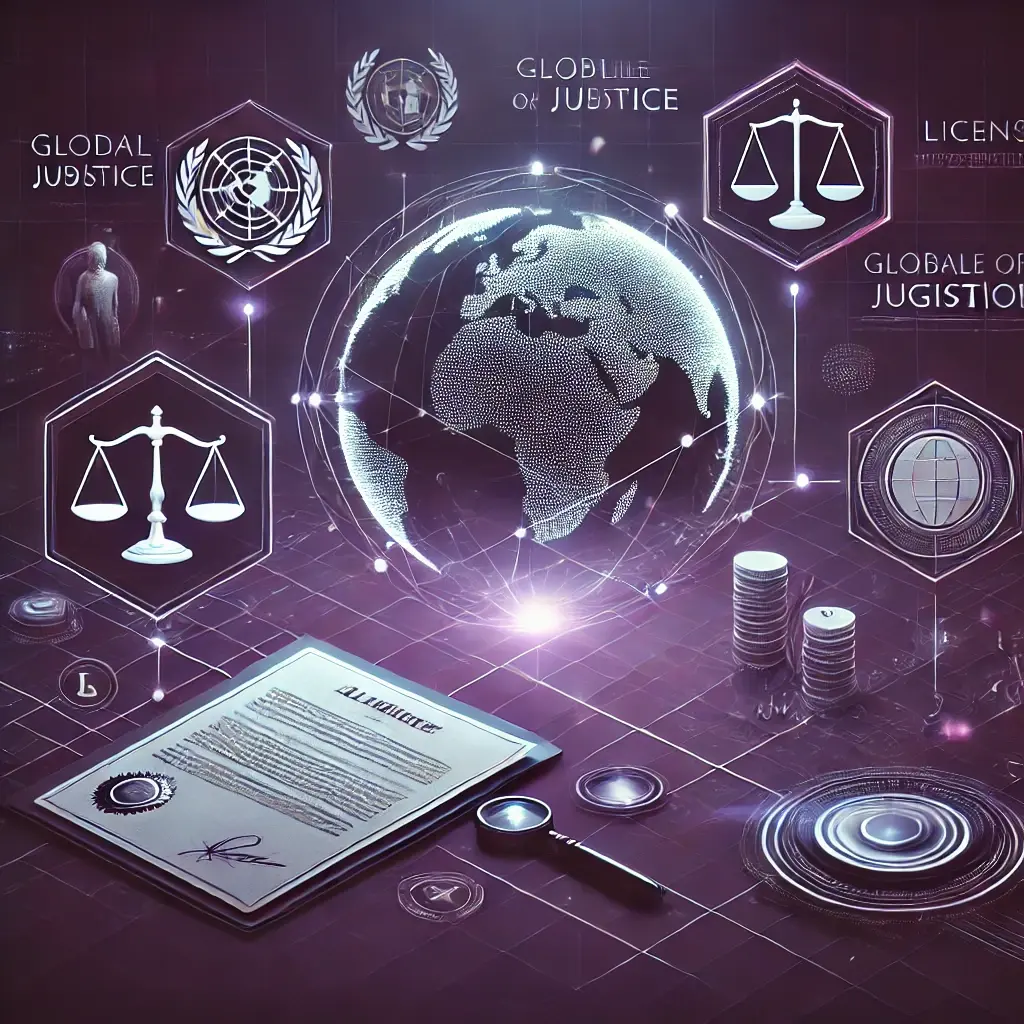Navigating Global Compliance and Licensing in iGaming: Strategies and Insights for 2025
Read Time 3 mins | Written by: Kostia L

The iGaming industry operates at the intersection of innovation, entertainment, and regulation. As markets grow and regulations evolve, operators face the dual challenge of maintaining compliance while ensuring smooth operations. This article explores key strategies to navigate global compliance and licensing hurdles, providing actionable insights for developers, compliance officers, and product managers.
Understanding Compliance Challenges in iGaming
iGaming compliance involves adhering to diverse regulatory requirements, ranging from licensing standards to anti-money laundering (AML) policies. Each jurisdiction imposes unique rules, creating a complex web of obligations for operators.
Key challenges include:
- Navigating differing regulatory frameworks across countries.
- Adapting technology stacks to meet jurisdiction-specific rules.
- Mitigating risks of non-compliance, including hefty fines and license revocations.
Compliance is not static; it evolves as governments update rules to reflect social and technological changes.
Regulatory-Friendly Architectures: A Flexible Foundation
To thrive in an environment of shifting regulations, iGaming operators are turning to modular back-end architectures. These systems are designed to adapt quickly to new requirements without disrupting operations.
How Modular Architectures Work
- Jurisdictional Plug-Ins: Operators can swap in features like geo-blocking, tax calculation, or self-exclusion tools as regulations demand.
- Scalable Updates: Automated compliance updates ensure that operators meet new standards seamlessly.
- Real-Time Reporting: Advanced dashboards track transactions and flag potential violations, keeping regulators satisfied.
This approach minimizes downtime, reduces costs, and enhances operational resilience.
Global Expansion: Emerging vs. Mature Markets
iGaming is a global industry, and successful operators must tailor their strategies to diverse markets.
Emerging Markets
- Opportunities: Regions like Latin America and Africa offer growth potential due to increased internet access and mobile penetration.
- Challenges: Regulations are often underdeveloped or in flux, requiring close collaboration with local authorities.
- Strategies: Establish early market presence to influence regulatory norms while offering localized games and payment solutions.
Mature Markets
- Opportunities: Markets like Europe and North America have established regulations and large player bases.
- Challenges: Operators must meet strict requirements, including responsible gaming practices and data protection laws.
- Strategies: Focus on regulatory excellence and partnerships with local compliance experts to secure long-term footholds.
By understanding these differences, operators can craft tailored expansion roadmaps.
Compliance as a Competitive Advantage
Proactive compliance can transform a legal necessity into a business strength.
Building Player Trust
- Transparency builds credibility. Clearly communicating data practices, payout percentages, and security measures fosters trust.
- Responsible gaming tools like deposit limits and real-time alerts enhance player confidence.
Securing Partnerships
- Regulators and partners value operators with strong compliance records, easing entry into new markets.
- High standards open doors to collaborations with payment providers, software developers, and affiliates.
When compliance is prioritized, it creates a virtuous cycle of growth and trust.
Best Practices for Proactive Compliance
- Invest in Technology: Leverage AI-driven monitoring tools to detect suspicious activities and automate reporting.
- Educate Teams: Regular training ensures staff understand and uphold compliance standards.
- Monitor Global Trends: Stay ahead of regulatory changes by monitoring updates in key jurisdictions.
- Partner Strategically: Work with industry experts to navigate local licensing and compliance requirements efficiently.
Technology's Role in Compliance
Technology is a cornerstone of modern compliance strategies. Advanced solutions streamline operations and reduce human error.
Key technologies include:
- Blockchain: Ensures transaction transparency, simplifying audits.
- AI Systems: Detect unusual patterns in transactions to prevent fraud and money laundering.
- Cloud Platforms: Enable real-time reporting and scalability across jurisdictions.
By integrating these tools, operators can future-proof their compliance systems.
Conclusion
Global iGaming compliance is not just a challenge; it is an opportunity to enhance trust, streamline operations, and drive expansion. By adopting modular architectures, tailoring strategies to specific markets, and leveraging compliance as a competitive advantage, operators can navigate the complexities of the regulatory landscape.
For players, this means safer, more transparent gaming environments. For operators, it paves the way for sustainable growth in a dynamic industry. Success lies in staying informed, adaptable, and proactive in embracing compliance as a cornerstone of business strategy.
.png?width=161&height=70&name=bm-positive%20(1).png)